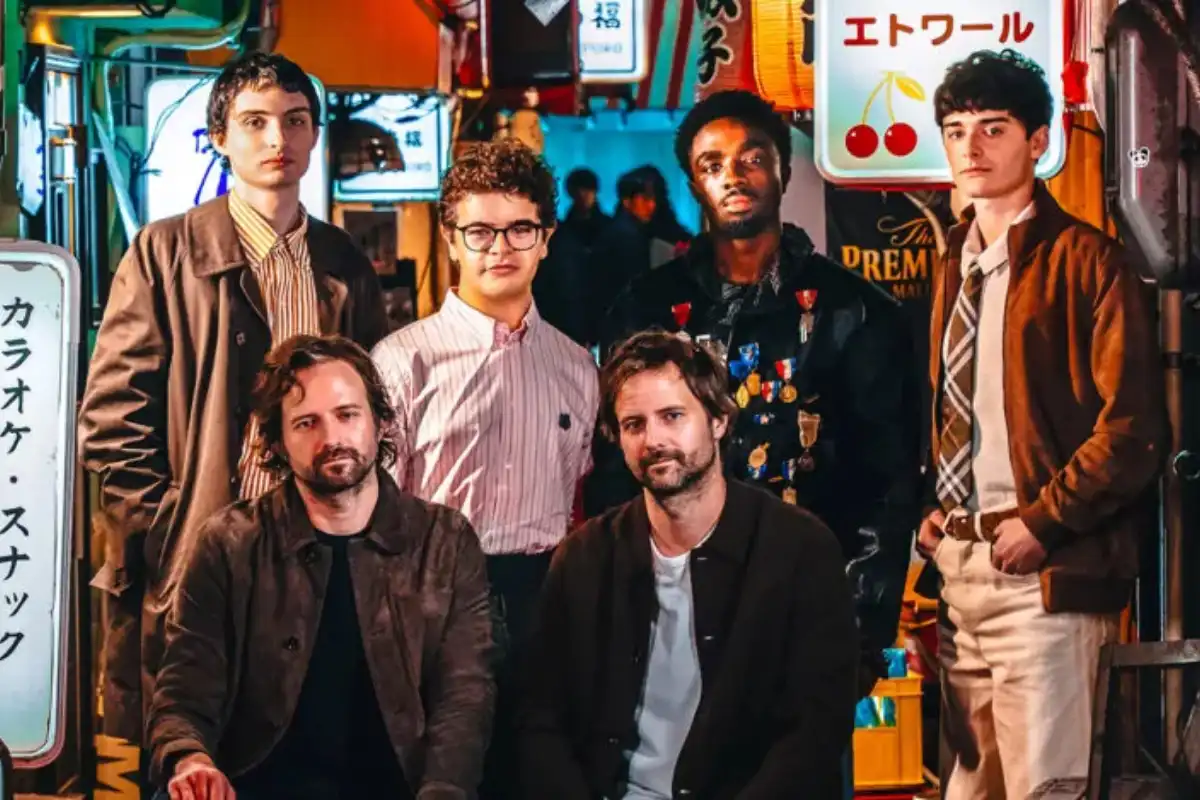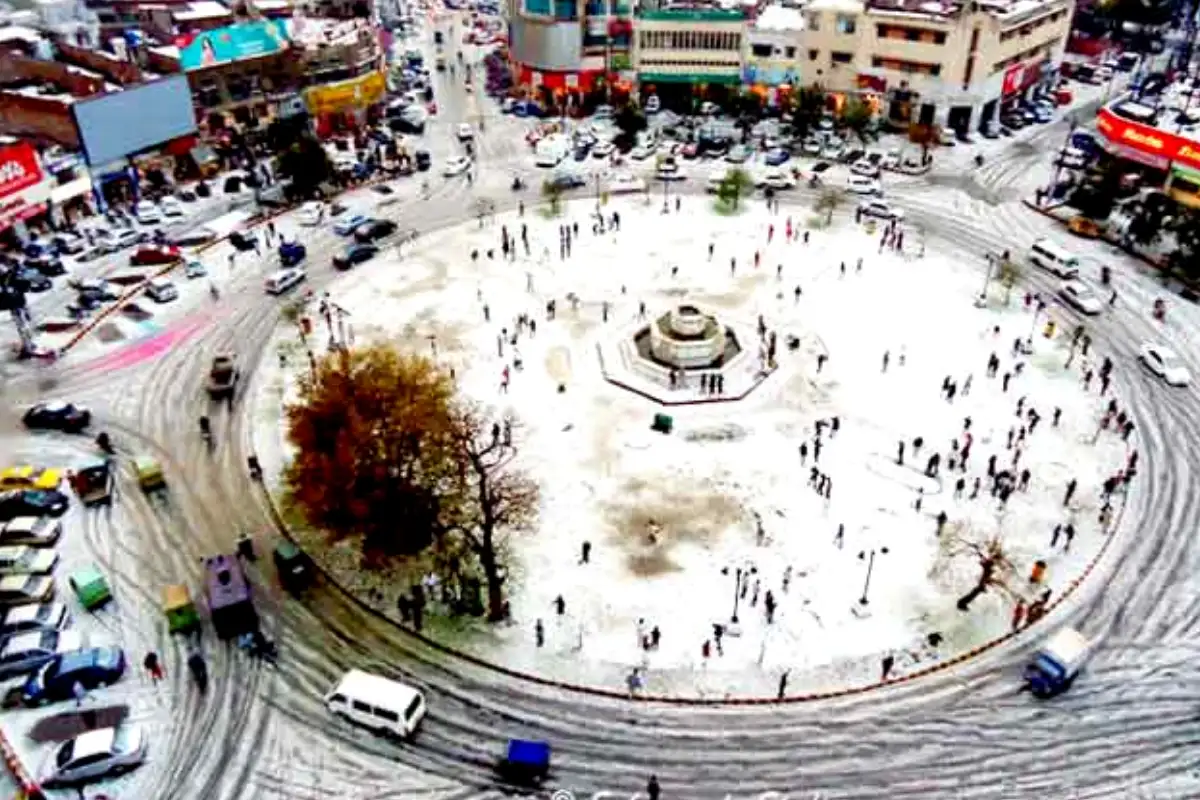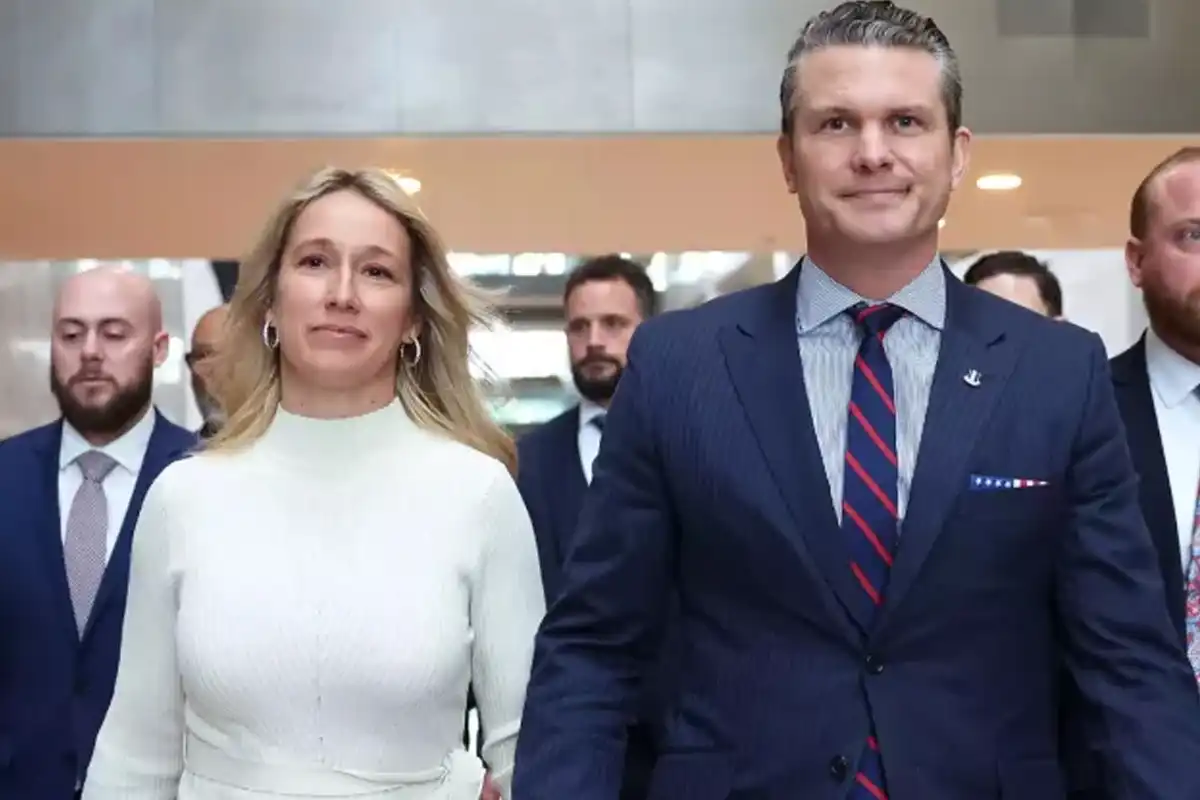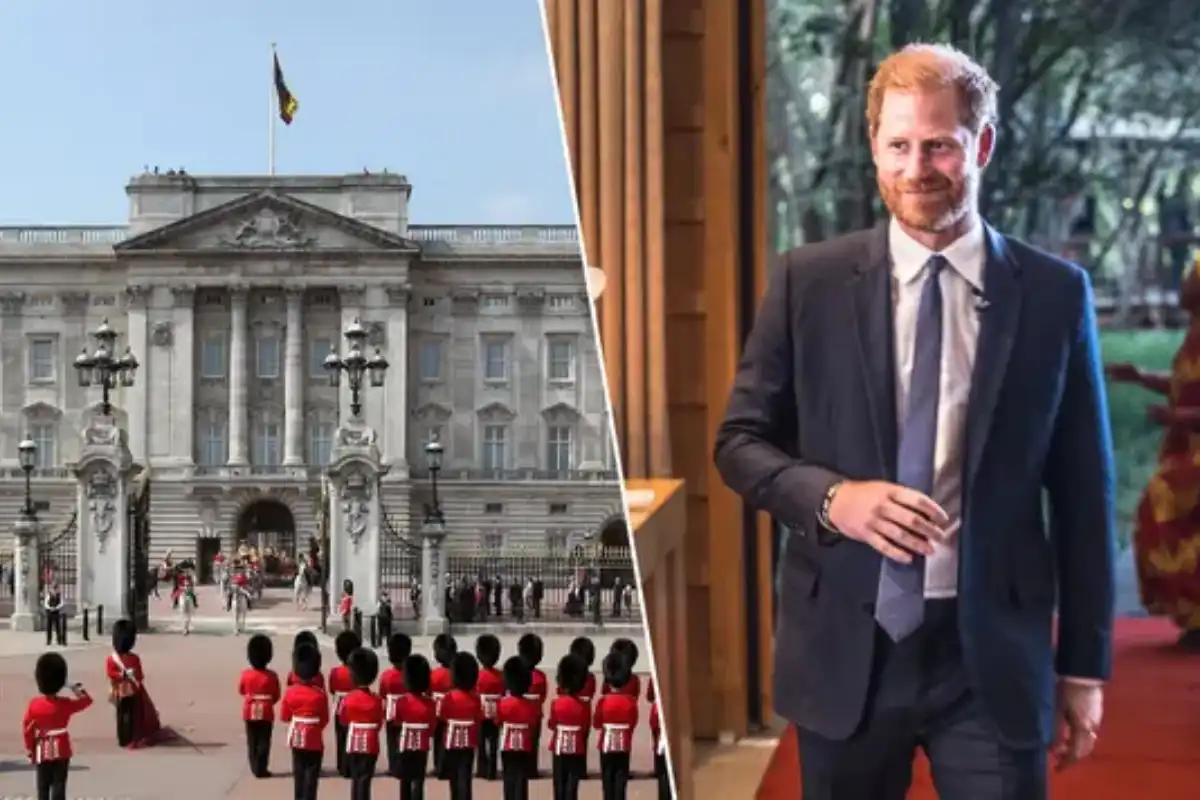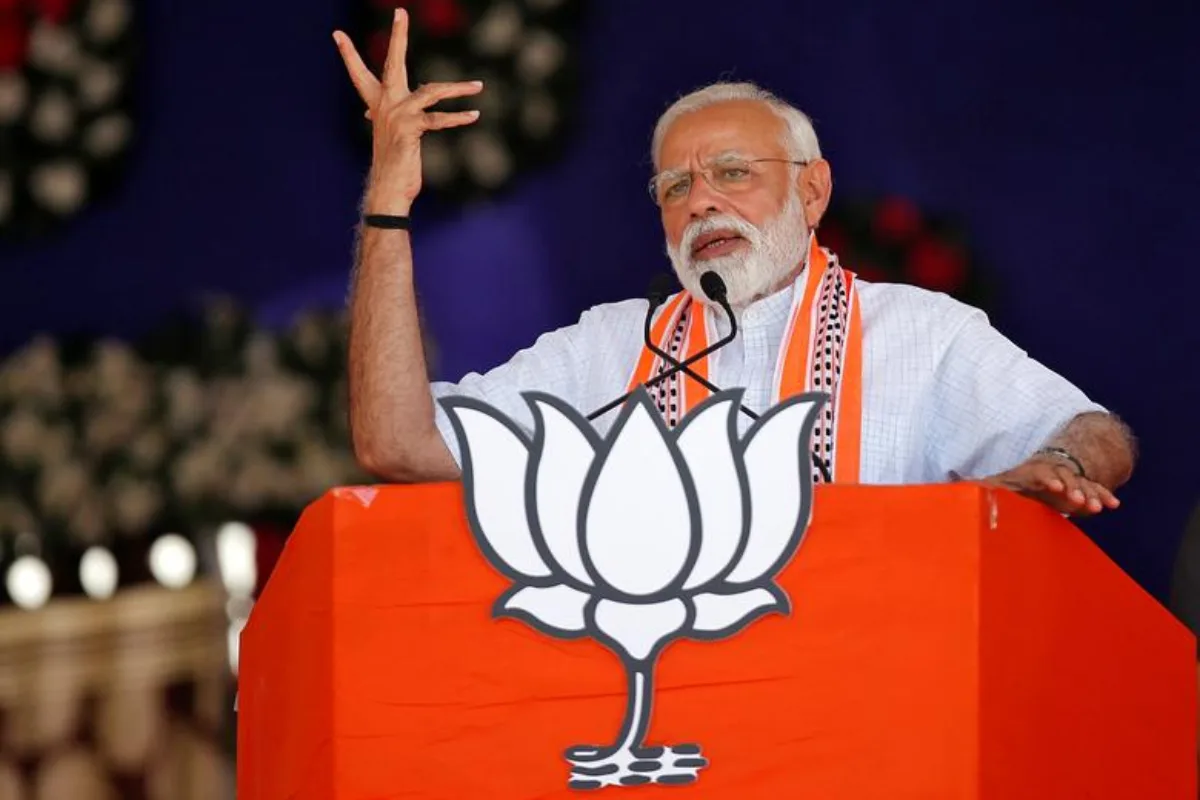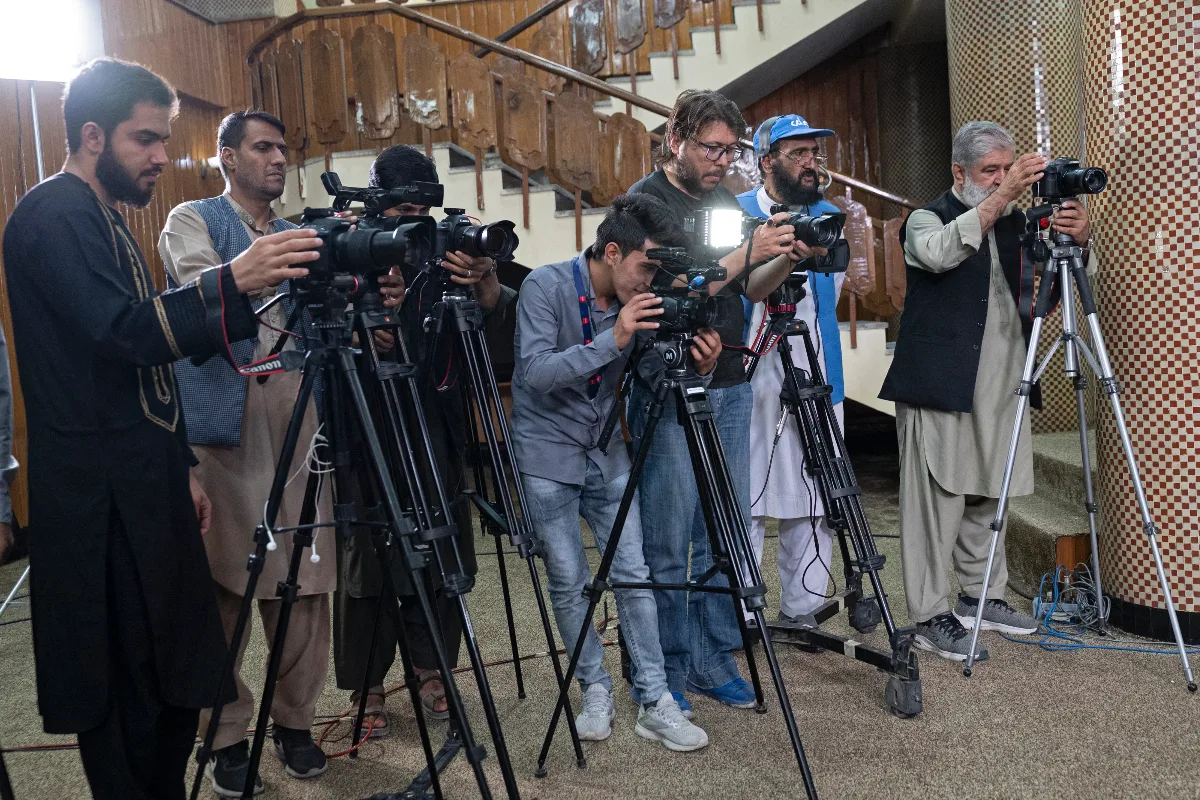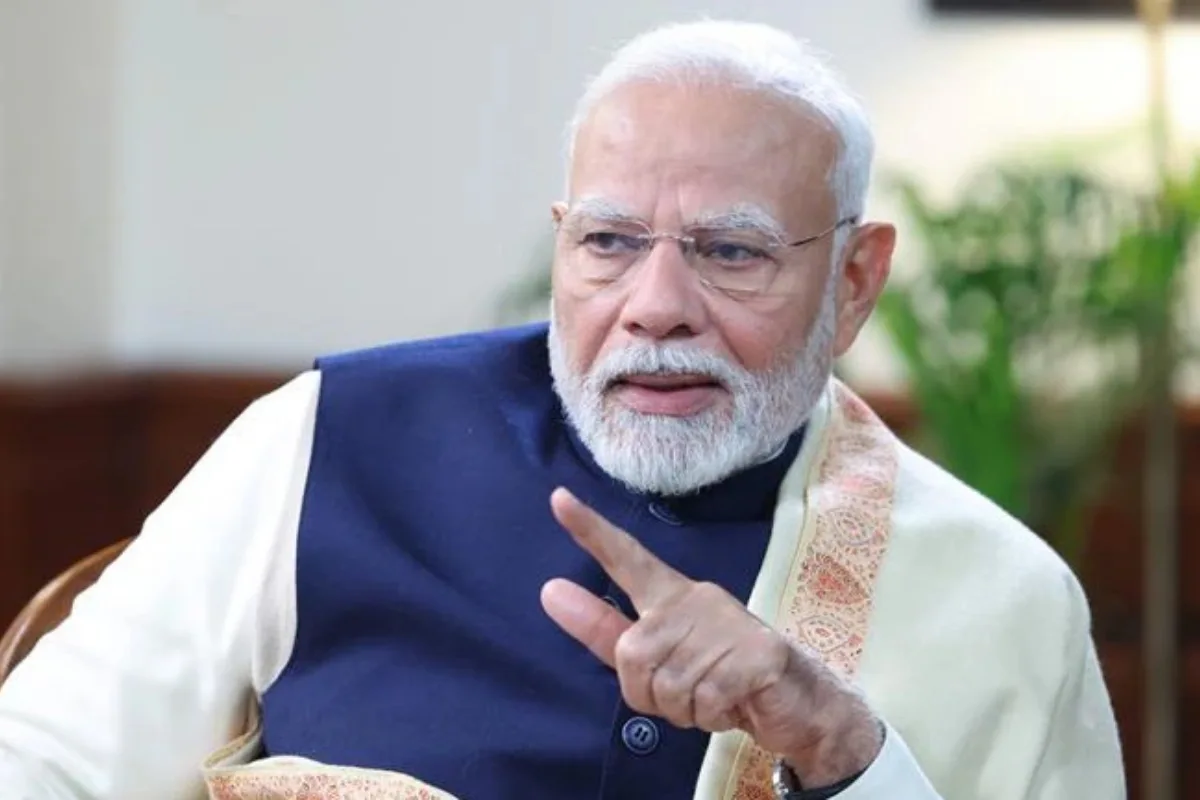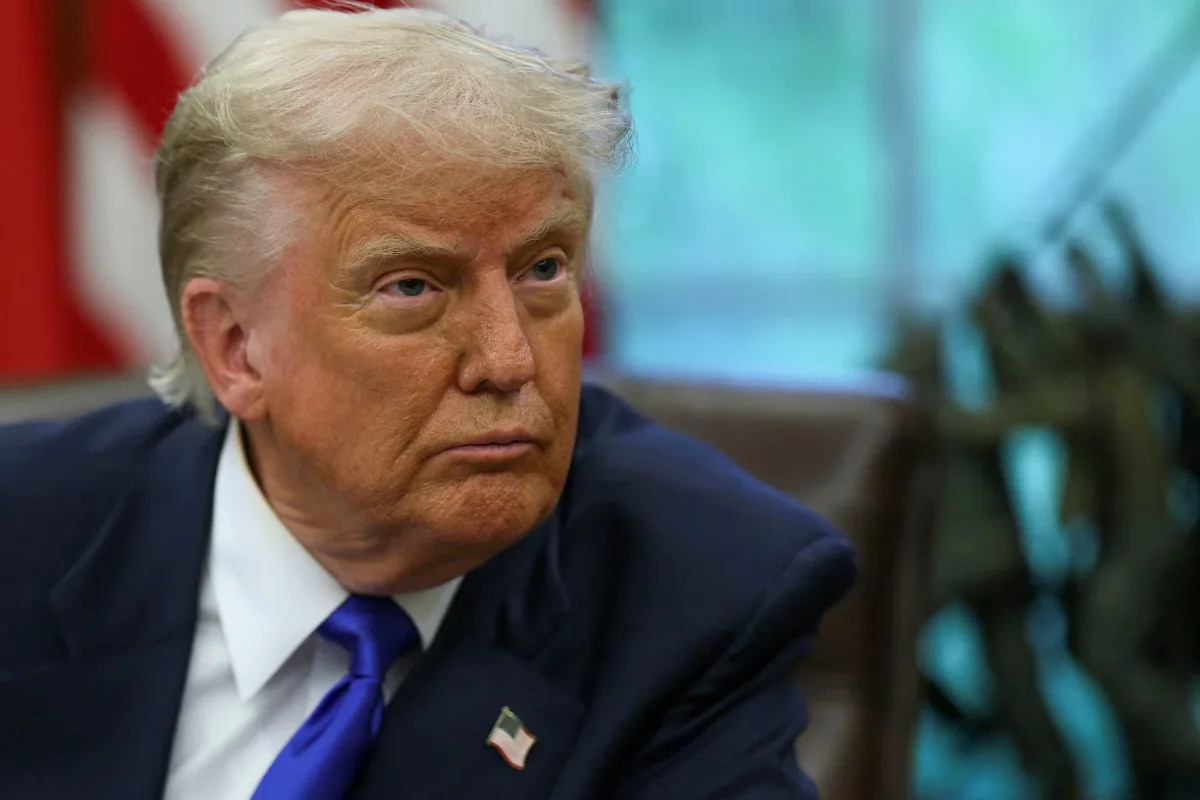How Iran’s Political System Works: Government Structure Explained Simply
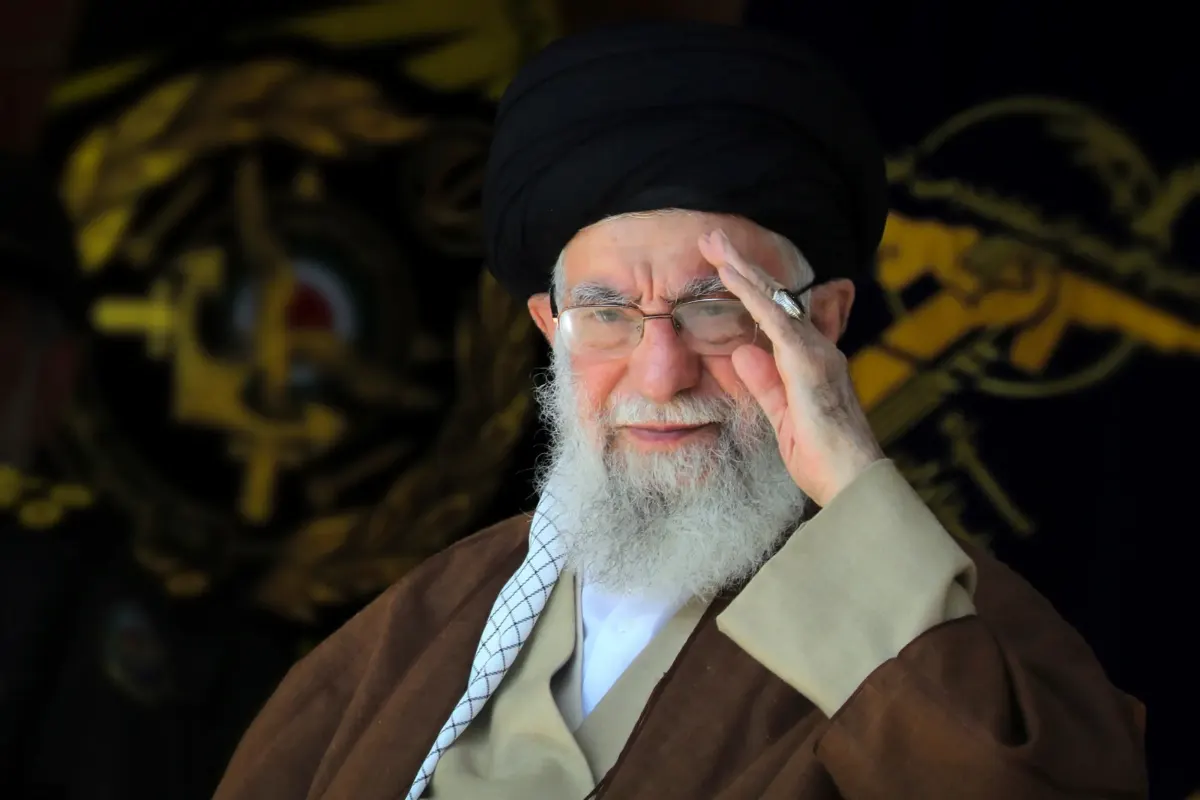
How Iran Political System Works
Iran’s political system is a hybrid theocracy and democracy, based on the Islamic Republic model created after the 1979 revolution. It blends Islamic law (Sharia) and clerical oversight with elements of electoral politics. Here’s a breakdown of how it works:
🔺 Supreme Leader (Rahbar) – Most Powerful Figure
Currently: Ali Khamenei (since 1989)
Powers:
Commander-in-chief of the armed forces
Appoints key positions: judiciary head, military leaders, state broadcasting chief, and more
Oversees and can overrule president and parliament
Appoints half of the Guardian Council
Chosen by: Assembly of Experts (clerics elected by the people)
🏛️ Guardian Council – Powerful Vetting Body
12 members:
6 clerics appointed by the Supreme Leader
6 lawyers nominated by judiciary and approved by parliament
Roles:
Approves or rejects all laws passed by parliament (based on Islamic and constitutional compatibility)
Vets all candidates for president, parliament, and Assembly of Experts elections
🏛️ President – Head of Government (But Not Head of State)
Elected every 4 years (2-term limit)
Oversees the executive branch: economy, domestic policy, ministries
Cannot control military or foreign policy without Supreme Leader’s approval
Must be approved by the Guardian Council to run
🏛️ Parliament (Majles) – Legislative Body
290 members, elected every 4 years
Can propose and pass laws
Can impeach ministers and the president
All laws must be approved by the Guardian Council
🏛️ Assembly of Experts – Chooses & Can Dismiss Supreme Leader
88 clerics, elected every 8 years by the people
Must be vetted by the Guardian Council
In theory, they oversee and assess the Supreme Leader’s performance
🏛️ Expediency Discernment Council
Resolves legislative disputes between the Majles and Guardian Council
Advises the Supreme Leader
🛡️ Judiciary
Enforces Islamic law
Head of Judiciary is appointed by the Supreme Leader
🗳️ Elections in Iran
Held regularly for president, parliament, and local councils
Heavily controlled through candidate vetting by the Guardian Council
Limited competition: reformist candidates are often disqualified
📊 Summary: Who Has the Real Power?
| Institution | Power Level | Appointed/Elected by |
|---|---|---|
| Supreme Leader | 🔥 Highest | Chosen by Assembly of Experts |
| Guardian Council | 🔥 High | Half by Supreme Leader |
| President | ⚖️ Medium | Elected (but pre-approved) |
| Parliament (Majles) | ⚖️ Medium | Elected (but candidates vetted) |
| Assembly of Experts | ⚖️ Medium | Elected (vetted clerics) |
Catch all the World News, Breaking News Event and Trending News Updates on GTV News
Join Our Whatsapp Channel GTV Whatsapp Official Channel to get the Daily News Update & Follow us on Google News.




